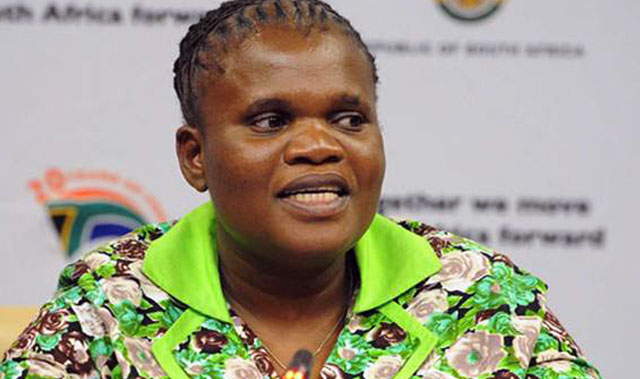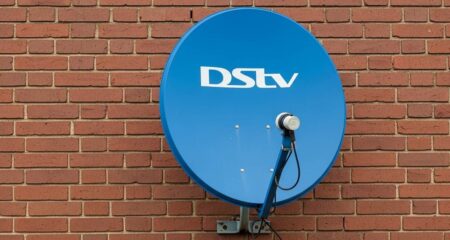 South Africa may finally be on the verge of making some real progress in its seemingly never-ending move from analogue to digital terrestrial television. But important questions remain unanswered.
South Africa may finally be on the verge of making some real progress in its seemingly never-ending move from analogue to digital terrestrial television. But important questions remain unanswered.
Cabinet’s announcement on 5 March that it has approved the broadcasting digital migration amendment policy has led to yet more confusion. Communications minister Faith Muthambi is promising a final policy in the coming week that will set out the details of what government wants in the set-top boxes consumers will need to receive digital broadcasts.
The battle between e.tv on one side and MultiChoice and the SABC on the other over the use of encryption or conditional access in these boxes, which government now intends providing free of charge to 5m poorer households, has raged for more than two years.
After government initially supporting the idea of including conditional access in the boxes, it looks set to change tack, opting instead for a simple control system of some sort that protects government’s planned multibillion-rand subsidy for poorer households.
And, although we’ll only know for sure when the final policy is published this week, it appears that the MultiChoice and SABC view has largely prevailed — government-supplied set-top boxes will not contain a conditional access system based on encryption, and prospective pay-television operators wanting to use such a system will have to deploy their own boxes to subscribers at their own cost.
Muthambi has made it clear that conditional access will not feature in the final amended policy on broadcasting digital migration.
MultiChoice has long argued that subsidising a conditional access system would amount to unfair competition and that prospective rivals should bear the cost of this themselves. It has argued, too, that encryption in free-to-air set-top boxes is complex and ultimately runs counter to consumers’ interests.
These are valid arguments — taxpayers shouldn’t foot the bill for conditional access.
But e.tv has put forward an alternative case, saying the system is needed to ensure free-to-air broadcasters, under increasing commercial pressure, can secure the latest movies and series from global content distributors, which demand broadcasters use encryption. The free-to-air sector risks being “ghettoised” without it. Without encryption, MultiChoice will entrench its dominance in South Africa’s broadcasting industry, e.tv argues.
But encryption is now firmly off the table, according to Muthambi, who says the control system will be a simple security mechanism that, among other things, will prevent set-top boxes from being sold and used outside South Africa’s borders.
However, there’s a twist — the security feature will also “encourage the local electronics manufacturing sector”, Muthambi says. It’s not clear what the minister means by this and comments she made on Twitter this week imply that government might use the control system as a blunt weapon to impose some sort of protectionist policy, to effectively block the importation of cheap set-top boxes from China.

“Illegally imported [set-top boxes] will be obsolete,” she tweeted. This could serve to prevent dumping of cheap and nasty set-top boxes — a problem that’s afflicted countries like Kenya and Mauritius — but is it really in the interests of consumers if a complete ban is put in place? Again, we need more details.
Will it be only South African electronics manufacturers that get the “keys” to build set-top boxes for the local market? If so, this could be in breach of South Africa’s commitments to the World Trade Organisation. We’ll only know when the policy is published.
It’s unlikely the final policy will please everyone. It may even end up upsetting everyone. But getting on with the digital TV project is now crucial. We must now hope that government runs a smooth and corruption-free tender process for the free set-top boxes. At the same time, the department of telecommunications needs to publish its long-delayed policy on the allocation of so-called high-demand spectrum, including the “digital dividend” spectrum that broadcasters will give up through migration, so that network operators can get on with the job of connecting the country to broadband.
It’s time South Africa put this embarrassing fiasco behind it.
- Duncan McLeod is editor of TechCentral. Find him on Twitter
- This column was first published in the Sunday Times




